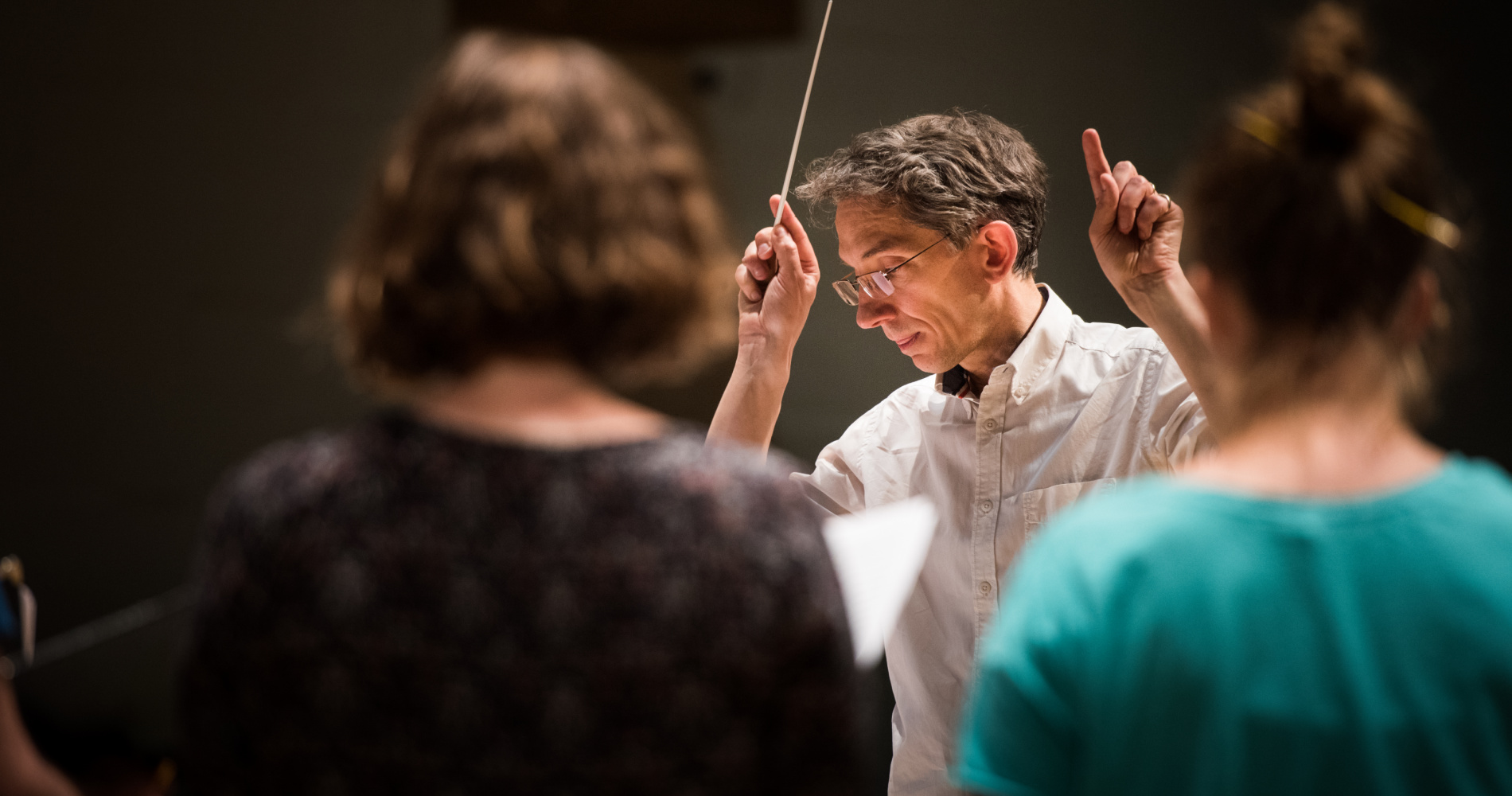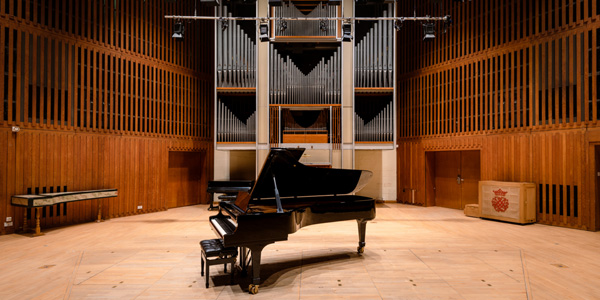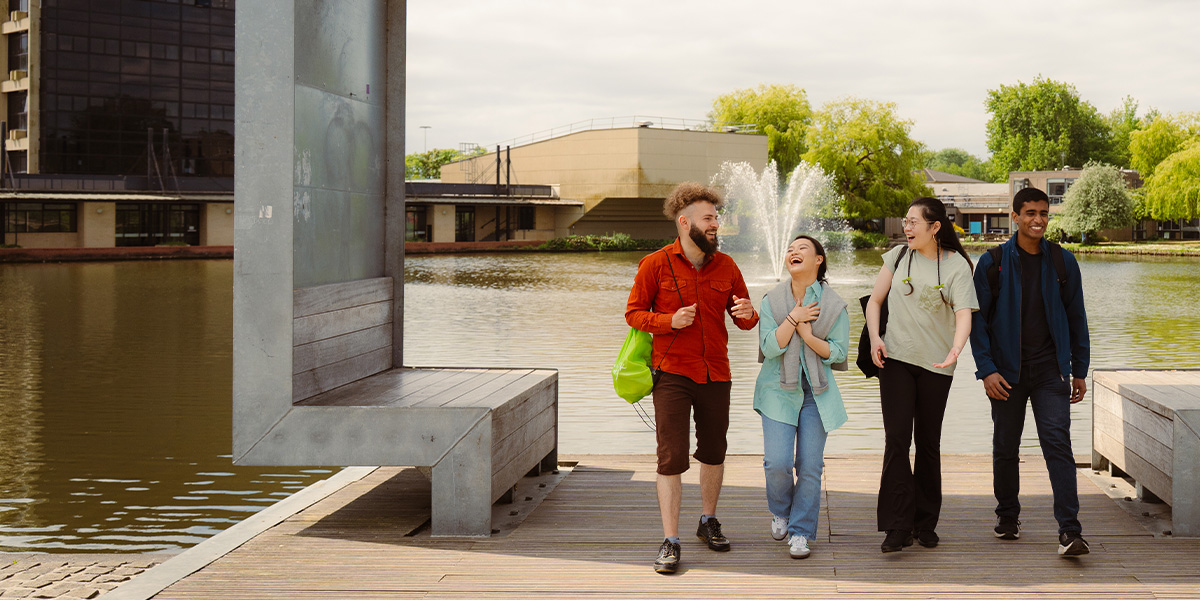Learn key skills from internationally renowned performers and practitioners. At York, you'll have the time and space to develop your own distinctive approach to the discipline.
Why study music at York?
York is a vibrant musical community. You'll be taught by active professionals in modules directly informed by contemporary research and practice. We have excellent working relationships with a range of professional partners and artists-in-association, giving you unique insights into industry and collaborative opportunities.
Our academics will challenge you to delve deeper into your musical discipline and consider new approaches to music-making. Whether in performance, composition, analysis, pedagogy, musicology or music technology, practice and scholarship go hand in hand in everything we do.




.jpg)
.jpg)
